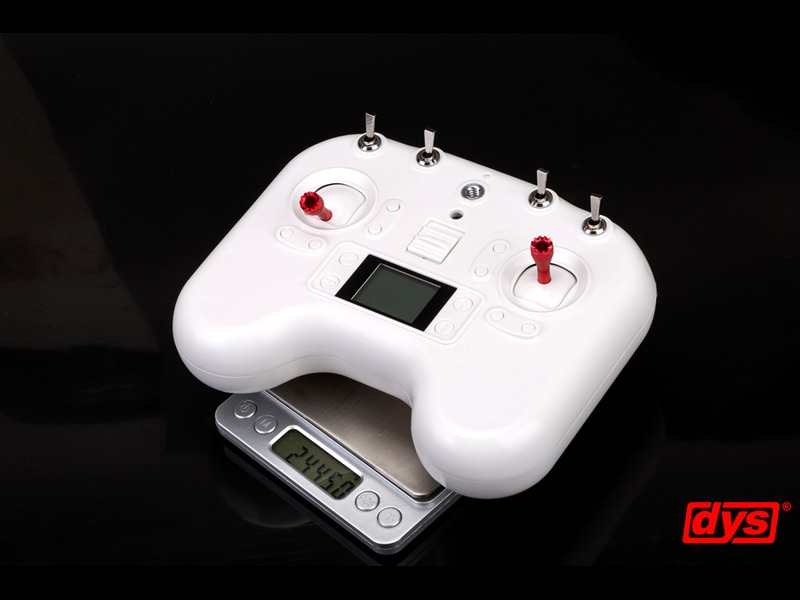How cold is too cold for RC batteries?

When it comes to RC batteries, there is no one-size-fits-all answer to the question of how cold is too cold. The type of battery, its chemistry, and its age all play a role in determining how cold is too cold.
Lithium-based batteries, such as lithium-ion and lithium-polymer, are the most common type of RC battery. These batteries are very sensitive to cold temperatures and can be damaged if exposed to temperatures below freezing. This is because the chemical reactions that occur within the battery slow down significantly when exposed to cold temperatures, reducing the battery’s capacity and performance.
NiMH (nickel-metal hydride) batteries are a bit more tolerant of cold temperatures than lithium-based batteries, but they are still vulnerable to damage if exposed to temperatures below freezing. NiMH batteries are also more prone to self-discharge, meaning they will slowly lose their charge over time even when not in use. This can be especially problematic in cold temperatures, as the self-discharge rate increases significantly when exposed to cold temperatures.
Lead-acid batteries, such as sealed lead-acid and flooded lead-acid, are the least sensitive to cold temperatures of the three types of RC batteries. These batteries are able to withstand temperatures as low as -20°F (-29°C) without any significant damage. However, lead-acid batteries are also prone to self-discharge, and the self-discharge rate increases significantly when exposed to cold temperatures.
In general, it is best to avoid exposing any type of RC battery to temperatures below freezing. If you must use your RC battery in cold temperatures, make sure to store it in a warm, insulated container and to keep it charged as much as possible. Additionally, it is important to check the manufacturer’s specifications for the battery’s minimum operating temperature.
In conclusion, there is no one-size-fits-all answer to the question of how cold is too cold for RC batteries. The type of battery, its chemistry, and its age all play a role in determining how cold is too cold. In general, it is best to avoid exposing any type of RC battery to temperatures below freezing. If you must use your RC battery in cold temperatures, make sure to store it in a warm, insulated container and to keep it charged as much as possible. Additionally, it is important to check the manufacturer’s specifications for the battery’s minimum operating temperature.
Comments / Question
2. Make sure to never fully discharge your battery and charge it before temperatures drop.
3. Store your batteries in a case or container and add a desiccant packet to absorb any moisture.
4. Try to avoid exposing your battery to cold temperatures for extended periods of time.
5. Increase the capacity of your batteries by adding more cells.
6. Consider switching to a LiPo battery. LiPo batteries are more resistant to cold temperatures.

